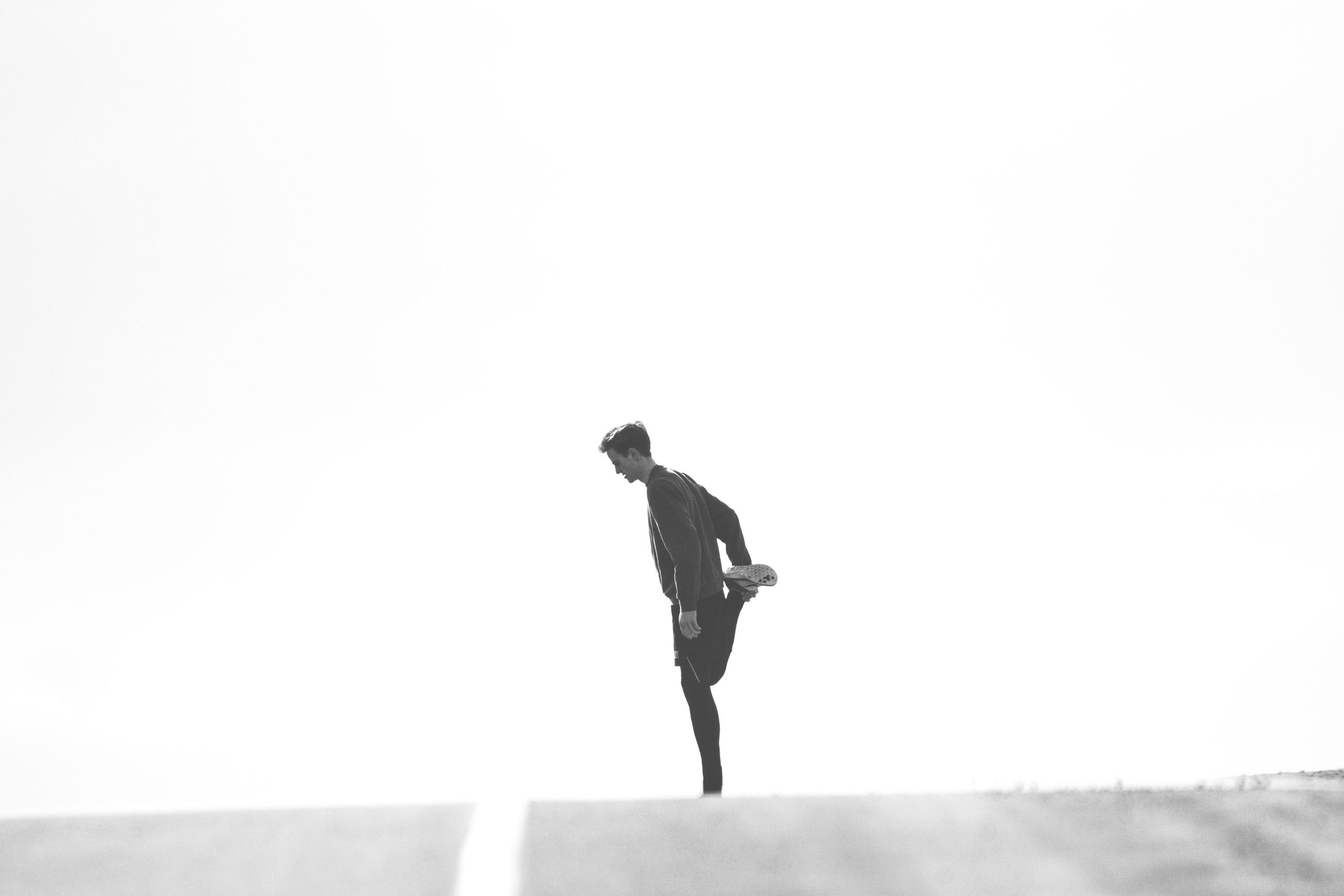
Managing Training Volume and Sleep
From montages, highlight reels, and commercials of professional athletes, all we’re ever exposed to is how we all have to grind all day to get where we want to be. If we’re not drenched in sweat and nearly passed out on the floor, we didn’t do enough. Although this is a cool and intense idea to think we need to go 100 mph every day, it’s not the truth in how elite performers train and not the ideal way to train with suffering injuries. Truthfully, top athletes are doing intense training sessions but rest and recovery are so much more important than depicted through the media for athletes to perform their best, injury free. Managing training volume and sleep will go a long way in keeping your healthy.
Training Volume Management
The common thought of the more we do the better is not always the best way to go in regards managing training with the sport we compete in. Of course everything needs context and in this case for athletes I’m focusing more on in-season athletes or situations when athletes who compete all year are in a spot where competitions are more frequent than other parts of the year. Athletes shouldn’t be training the same they would be in the off-season, when their sport training practices aren’t happening or few in between, compared to when in season, when they’re practicing or playing nearly every day. Practices and competition can be intense. The wear and tear of both alone can be difficult to manage and if we train too often, we’re just asking for an injury. Volume needs to be considered and how much volume an athlete can sustain should be based upon training age and athlete to athlete. Collegiate well-experienced athletes may be able to train outside their sport in the gym 2-3 times a week while competing in their sport compared to high school freshmen who may be able to train 1-2 times a week while they’re competing in season. At the end of the day, the main focus should be the idea of not over reaching with an athlete who’s in season. Training of an in season athlete should look to maintain their current physical status, not overloading them to the point where the training is detrimental to their performance in their sport.
These same principles can be applied to athletes who compete all year round. When competition is more frequent, dial back on training sessions. There’s nothing wrong with keeping a maintenance level of training and ramping up the training when competitions are less frequent. At the end of the day it’s important to make sure athletes are getting through their season as healthy as possible.
Fully Recharge
What if we could take a magic pill that guarantees our bodies’ recover? If we did this with our training and with a proper intake of food, we would get stronger, fitter, and be more likely stay injury free.
The magic pill would be sleep.
Too many people see all these massage guns, foam rollers, and CBD products, and fall into the trap that these recovery tools are the key but realistically they’re all fighting for second behind sleep. Sleep is literally the time our body repairs itself and recovers from the stresses we receive, which include training, practices, competition, and everyday life. And the sad part is most athletes are suffering because they’re lacking enough of it. There’s evidence that has shown athletes perform at a higher level in their sport skills and sprinting with an extra hour of sleep. My biggest advice for athletes (and people in general) is think of sleep in terms of charging your body like you do your phone. Would you want to go through your whole day with only a 50% charge? Probably not. Make an effort to get at least 8 but preferably 8-9 so you go into your day filled with training, practices, and competitions fully charged.
There’s a common thought that top-level performers only work until they’re completely spent. They grind, grind, and grind some more without a thought of recovery and managing their training load but in reality that’s the farthest thing away from the truth, which keeps them healthy and injury free. Like these elite athletes, we need to see how we essential it is manage our training load and sleep. By doing so we’ll be able to make sure we continue doing the activities and sports we love injury and pain free.
Mah, C. D., Mah, K. E., Kezirian, E. J., & Dement, W. C. (2011). The effects of sleep extension on the athletic performance of collegiate basketball players. Sleep, 34(7), 943–950. https://doi.org/10.5665/SLEEP.1132
Brandon Brelsford is one of the trainers at Olympia Fitness and Performance. He graduated from Rhode Island College with a B.S. in Community Health and Wellness with a concentration in Wellness and Movement Studies. After graduating, Brandon obtained his CSCS (certified strength and conditioning specialist) from the NSCA. Brandon enjoys helping his clients realize what they’re truly capable of and enjoys seeing their growth in and out of the gym.

